Ian Dai started out as a sommelier and eventually became a wine purchaser, but knew he always craved something more. So, in 2017 he purchased grapes from Ningxia growers and began experimenting with some of his own ideas of what wine can and should be. We sat down with Dai to discuss China’s changing wine industry, and how he believes it will continue to grow and change.
Image courtesy of Ian Dai
What is your background, and how did you get into winemaking?
I started my career doing sales in a wine shop, but later decided to become a sommelier. Eventually, I was hired to work at the Fairmont Peace Hotel, and I was involved with organizing the WINE100 wine challenge – still the most influential wine competition in China to this day. Simultaneously, I started to teach for the WSET wine exam and various wine associations, like Wine Australia.
In 2016, I worked with Penguin Guide as a wine buyer and purchased wine for Amazon China. Yet, I felt unfulfilled and decided I needed to make wine, which is how I decided to open Xiaopu, my winery. Back in 2017, the wine scene in China was undeveloped and somewhat boring – the same varieties, same recipes, yet no philosophy. I knew I could make something different and better.
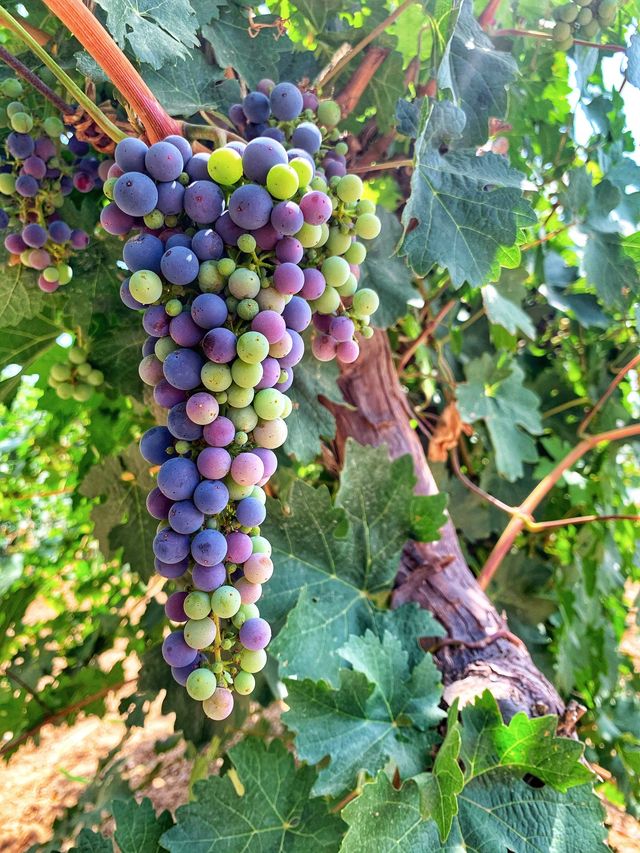
Image by Sophie Steiner/That's
How has the wine-making scene changed in China in the last five years, specifically in Ningxia?
There are smaller wineries popping up in Ningxia, leading to more reasonable prices and more variety of styles. There is also so much greater diversity in wine style and grape variety.
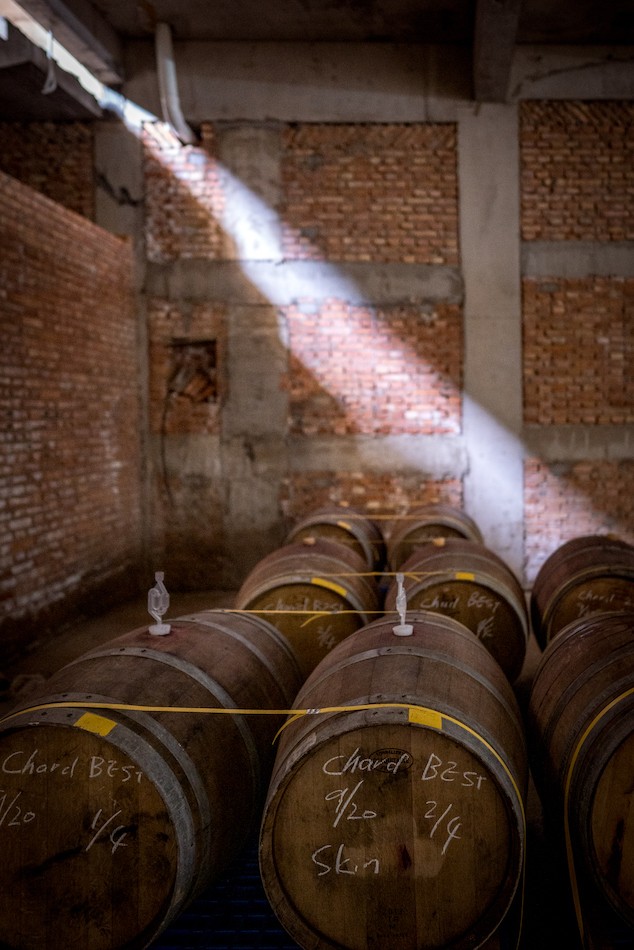
Image courtesy of Graeme Kennedy
How and why did you start your own winery?
Technically, I don’t have a winery yet – Xiaopu is still a wine-making project, a ‘virtual winery.’ This means that I rent space at a bigger winery and do my own thing there, processing the wines the way I want to.
In my opinion, it makes no sense for me to build an entire winery from day one. First, I’m building up Xiaopu’s brand and sales channels, which takes less of a cash influx upfront. Through the help of angel investors, I was able to successfully launch Xiaopu as is and will grow it further in time.

Image courtesy of Ian Dai
What do you find most interesting or unique about winemaking in Ningxia?
To be fully honest, I don’t know yet. I’m currently only on my fourth vintage, with the fifth coming later this year. The region is so young, and we all have so much to learn from this predominantly red wine region. I still haven’t decided in my own mind what is the most suitable variety or exactly where is the best terroir. Every year, I learn so much and it’s incredible how much more there is still to learn.
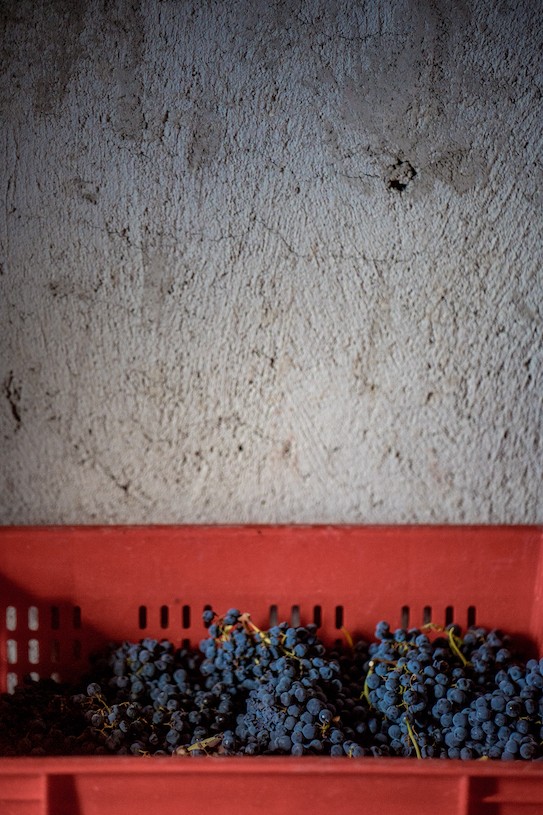
Image courtesy of Graeme Kennedy
How has ‘wine tourism’ changed Ningxia? Do you believe it is for the better or worse?
Wine tourism didn’t really exist before 2020. Before this, wineries didn’t have many walk-in tourists; there were few wine region guides. Now, tourism is starting to grow as wineries become more open to the public. We are also starting to see tourist guides showing guests around.
This is great for the industry, and I hope it lasts as the region matures, because wine tourism creates a special connection between the consumer and winery. Ningxia is somewhat far from big cities compared to other popular regions, like Napa Valley, for example. In theory, wine tourism only works for regions near city centers.
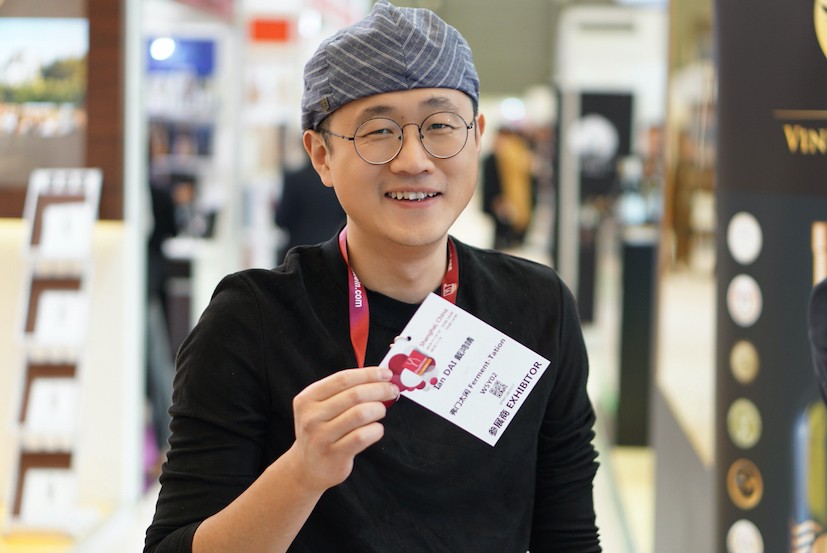
Image courtesy of Ian Dai
You are recognized as one of the first natural winemakers in China. What makes a wine a ‘natural wine,’ and why are you interested in natural wines?
I am definitely influenced by the natural wine movement, but I don’t and can’t call my wine natural wine. Natural wine is how wine was made before the 1950s, without the help of electricity, large volume tanks, cultured yeast, many additives, etc. So to make wine naturally is actually not difficult at all – just don’t use any modern amenities created after the 1950s!
The real question here is if the same batch of grapes is made in a natural way or a more conventional, modern way, why is one better? I don’t have a definite answer myself, but I believe that minimal intervention, so following a more natural method, is how we as small producers should make wine.
While this does leave more up to chance, nothing can go seriously wrong, and because the scale is much smaller, we can spend more time caring for and tailoring each batch the way we would like it to be.

Image by Sophie Steiner/That's
What does the future look like for wineries in China?
China will have all kinds of wineries, from luxury to mid-tier to budget friendly. But, overall, all of the winery growth, no matter what kind, will help boost the wine industry, making it more recognizable and accessible to the general public, garnering interest in this growing industry.
For more Wanderlust, click here.
[Cover image courtesy of Ian Dai]
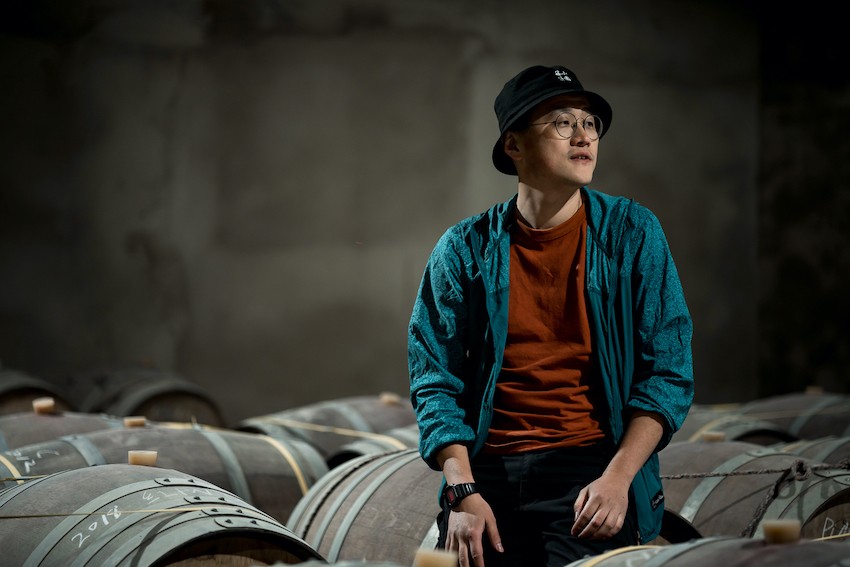



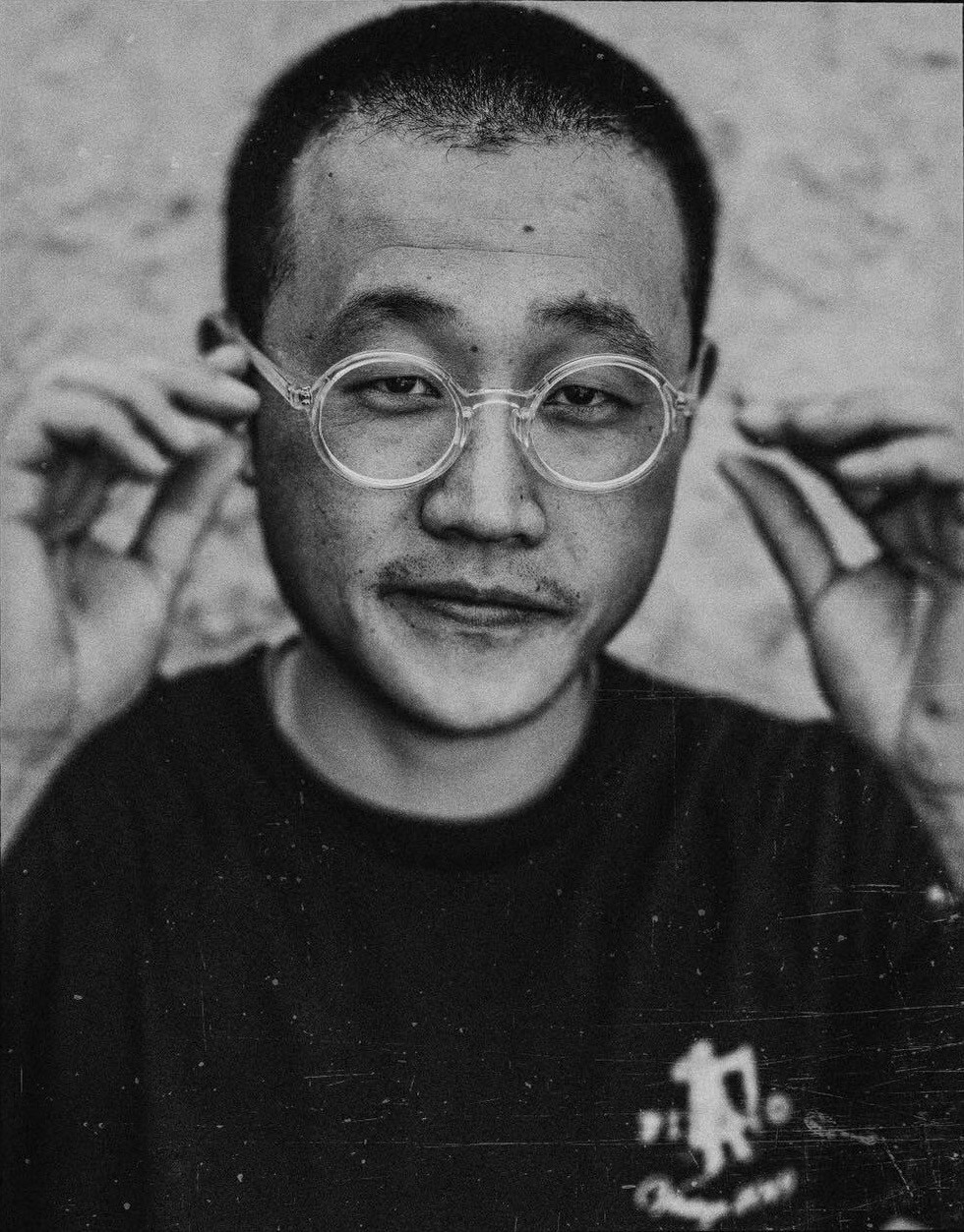

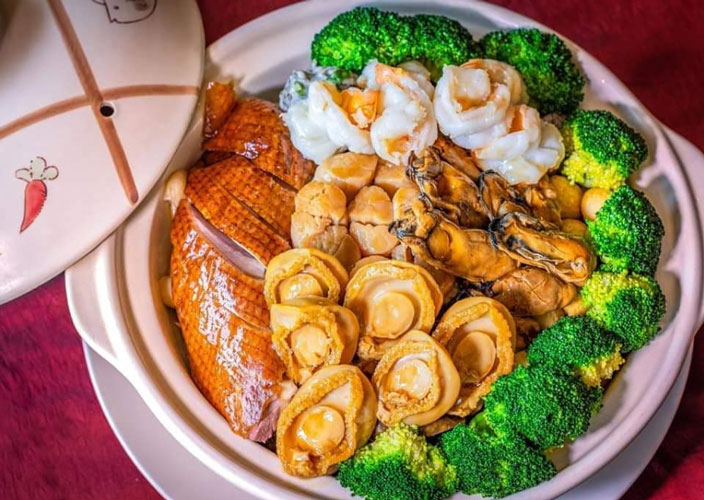















0 User Comments